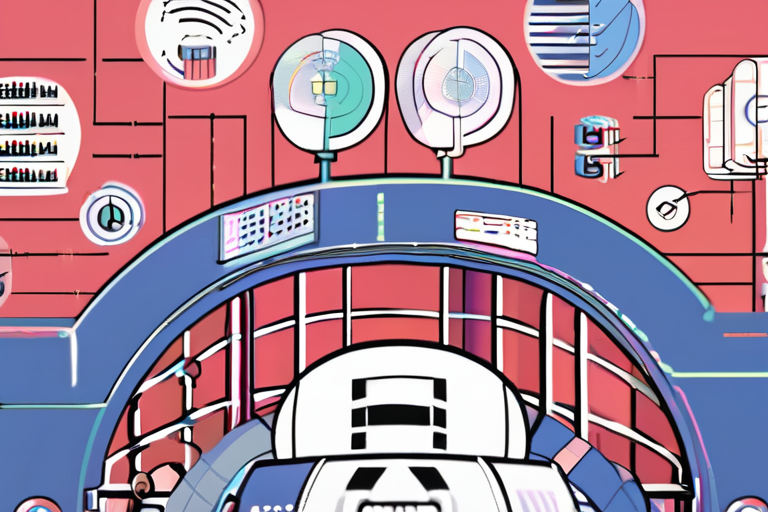OpenAI Pioneers ChatGPT OS Revolution: A New Era of Interactive Software


Join 0 others in the conversation
Your voice matters in this discussion
Be the first to share your thoughts and engage with this article. Your perspective matters!
Discover articles from our community

 Hoppi
Hoppi

 Hoppi
Hoppi

 Hoppi
Hoppi

 Hoppi
Hoppi

 Hoppi
Hoppi

 Hoppi
Hoppi

Morocco Unrest Escalates as Police Clash with Protesters RABAT, MOROCCO - Tensions between protesters and police reached a boiling point …

Hoppi

Corrected Breakthrough: Ribonucleotide Incorporation into Mitochondrial DNA Drives Inflammation A recent correction to a groundbreaking study published in Nature has …

Hoppi

Venus Williams Joins Barbie's Inspiring Women Series as Latest Honoree Mattel announced today that tennis superstar Venus Williams is the …

Hoppi

Is Silicon Valley Still the Tech Capital? The sun was setting over the San Francisco Bay as I stepped off …

Hoppi

BREAKING NEWS US Health Secretary Robert F. Kennedy Jr. Proposes Drastic Overhaul of School Mental Health Policies, Experts Sound Alarm …

Hoppi

US Asthma Inhalers Contribute to Global Warming, Study Finds A new study published in the Journal of the American Medical …

Hoppi